When John Swinney launched his bid to be SNP leader, he did so by declaring that he and others who support independence would do so by engaging in the arguments in a reasoned and reasonable way, which sought to be inclusive and ultimately respectful of the other side of the debate.
At the same event he was asked whether he accepted that he himself must bear some of the responsibility for the polarisation of politics which he rightly identified and which he said he planned to address as leader.
His response, where he acknowledged that as a frontline participant in Scottish politics in recent years, he must bear some such responsibility was a simple statement of fact.
It nevertheless sparked headlines which, shorn of context, almost seemed to suggest that the new first minister was personally liable for every ill that has befallen the Scottish body politic in recent times.
John Swinney may have at times, by his own admission, been something of a front-bench heckler and rabble rouser, but it is a stretch to suggest that he is by any margin the most culpable figure in the polarisation of our national discourse.
Swinney, at the Glasgow event launching his leadership bid, went on to attach an important rider to his pledge of respectful debate.
“I will always seek, with respect and courtesy, to persuade people of the case for independence,” he said, before adding: “All I ask of those that oppose that vision, is that they also act with the same courtesy and respect.”
He might as well have called for Punch to stop walloping Judy given the response from opponents.
Every right to pursue independence
For no sooner than Swinney had been confirmed as SNP leader than he was told by Tory leader Douglas Ross that he must abandon his ambitions for independence.
It would be equally legitimate for the First Minister to insist that Ross – and Anas Sarwar and Alex Cole-Hamilton for that matter – must drop their support for the union.
But if Swinney were to say any such thing it would, rightly, be regarded as a bizarre thing to demand or expect.
It would be seen as anti-democratic and disrespectful, and would be greeted with widespread derision.
Ross, Sarwar and Cole-Hamilton were elected on a platform of opposing independence and are more than entitled to do so.
Swinney and his party were elected on one of proposing and delivering independence – with more votes and seats than all the aforementioned party leaders combined – and as such have every right to pursue it.
And here we come to one of the fundamental imbalances at the heart of the debate on Scotland’s future.
It’s all very well, Douglas Ross is effectively saying, for John Swinney and others to believe in independence.
They just shouldn’t think for a moment that they have any right to give that political belief democratic effect.
That is a ridiculous position to adopt in any democracy, and ultimately one that cannot hold indefinitely – but it is one continually presented as reasonable and is entirely in keeping with other, similar pronouncements.
Polarisation within Scottish politics is real
That reached its nadir with this week’s absurd declaration from Rishi Sunak, in a pre-election speech outlining the supposed dangers facing the UK, that supporters of Scottish independence should be regarded on the same level as violent extremists and alongside some of the world’s most dictatorial regimes such as North Korea and Putin’s Russia.
The Prime Minister stated at the same event that his dream was, apparently, “a country where people can disagree respectfully”.
And with that, the irony meter was not so much broken as shattered beyond repair.
Again, imagine if Swinney were to use a keynote speech to compare supporters of the union to terrorists and its political champions to despots.
The outrage would be epic, almost biblical, in scale.
Sunak’s comments come from the same wellspring which, last year, saw permanent would-be Tory leader Penny Mordaunt declare that the case for Scottish independence was founded on nothing more than “bile and hatred”.
Polarisation, even toxicity, within Scottish politics, is real.
It is fuelled partly by the same identity and culture wars flowing across much of the rest of the world but is fundamentally underpinned by the difference of opinion on the nation’s constitutional future.
However, for as long as it is deemed acceptable for one side of that debate – and by extension half the population – to be demonised as extremists, and told they have no right to pursue their democratic preference, we don’t live in a country where respect cuts both ways.
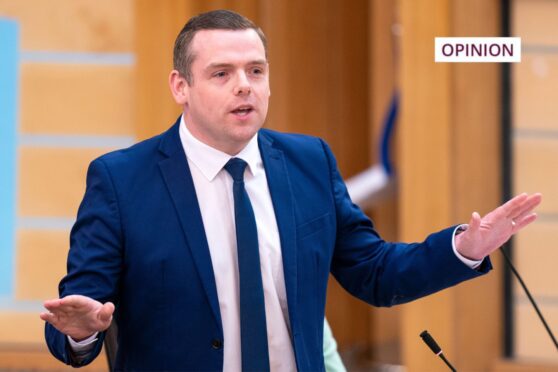
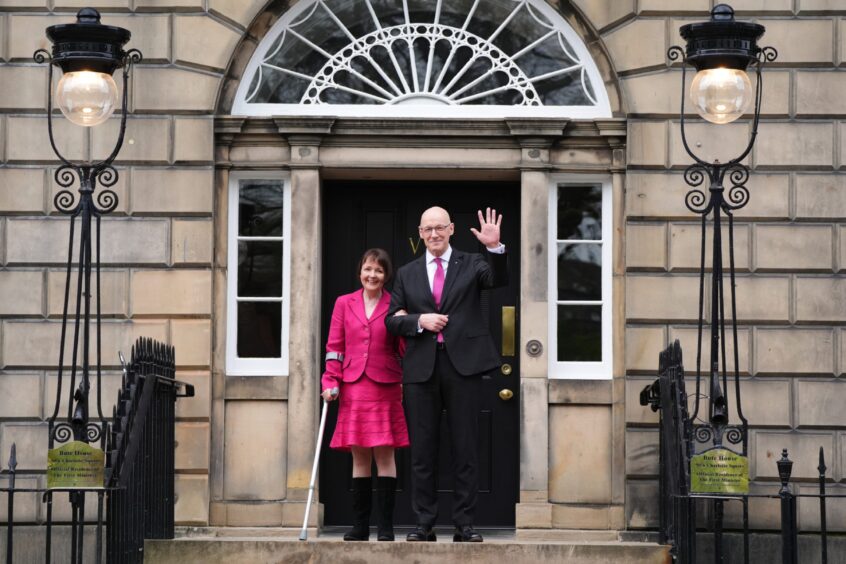

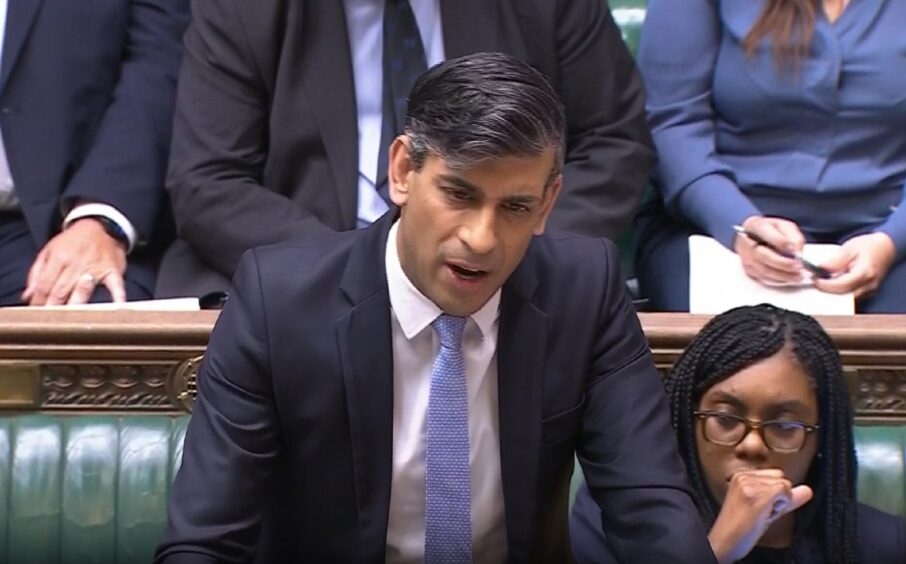

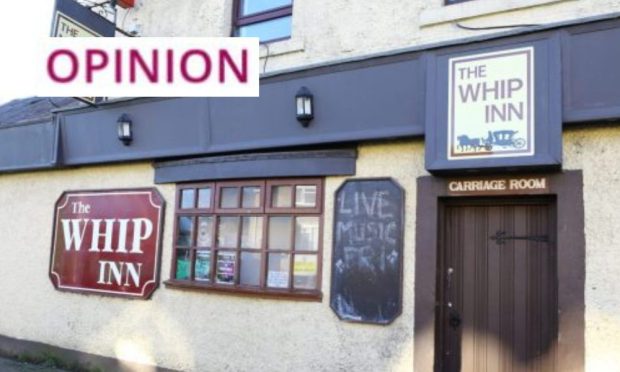
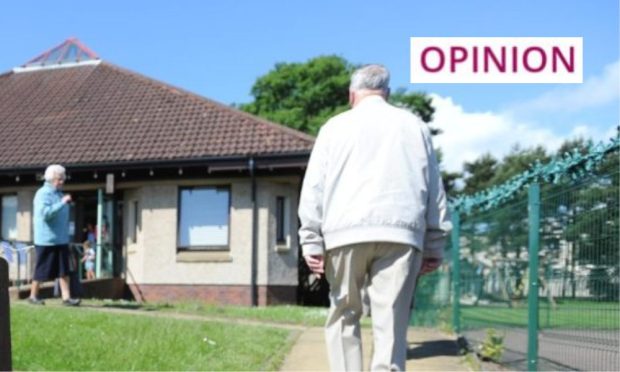
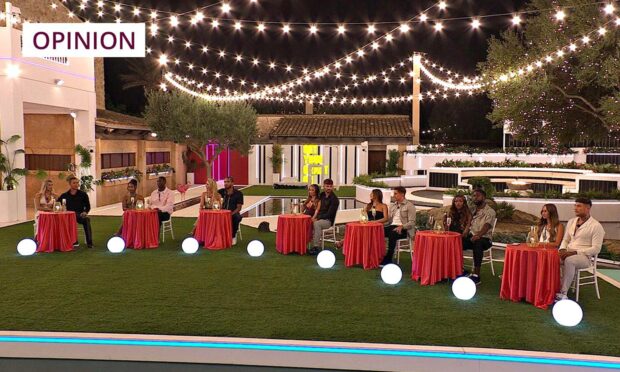
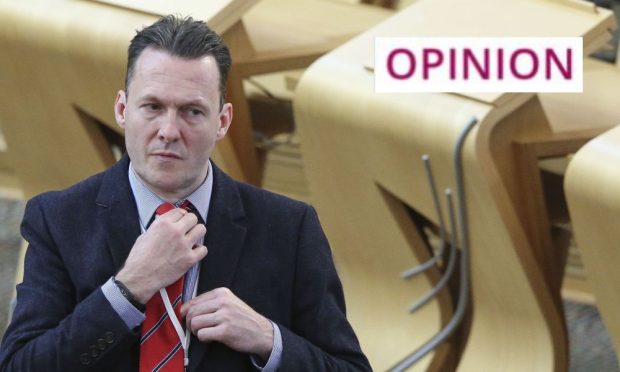
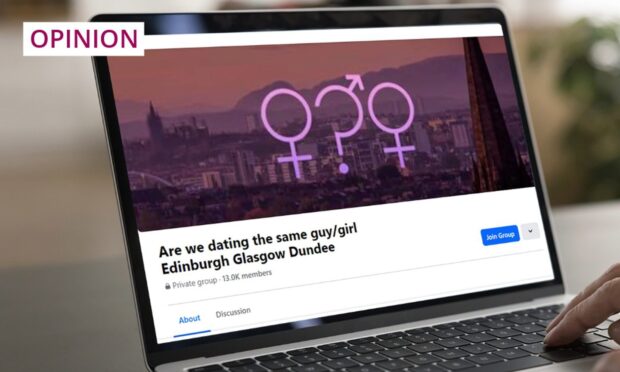


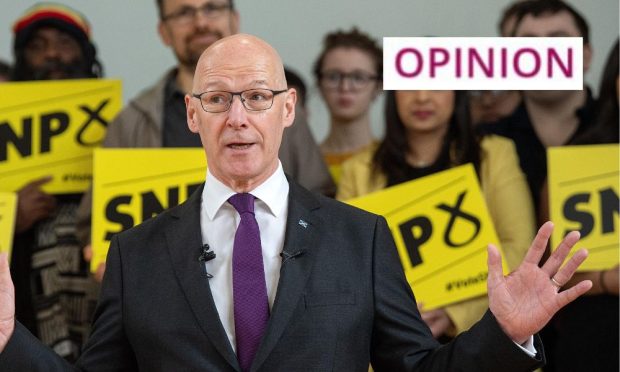

Conversation